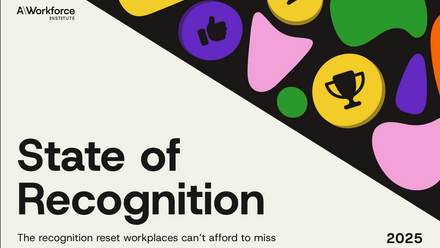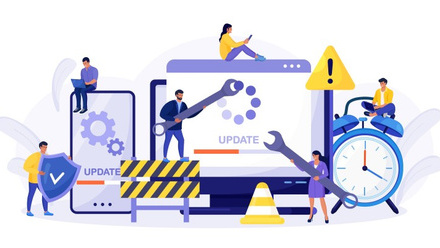How to support employees at work and in work – a new way to be a great 21st century employer

And why wouldn’t an employer strive to create a place where people want to work, as it is a vitally important part of attracting the best people?
Today, there is at least some consensus around what makes an ‘employer of choice’. I don’t intend to tackle that topic in great detail here, except to say that in the 20 or so years since I first entered the world of pay and benefits, there has been a shift in the notion of what makes a good employer. Back in the 90s and 80s – in the private sector at least – the concept of a great place to work was heavily rooted in how much money a company made and how much of that money was shared with its employees, through above market rate salaries, bonuses and commissions. Back then it seems, a ‘good company’ ie one that made a lot of money, equated to a ‘good employer’.
The impact of societal changes
Since then, societal changes have created a landscape where employees, while still valuing financial stability in their employer, have a much broader set of wants and needs when it comes to deciding where to work. Things like wellbeing, mindfulness, equality and social responsibility all have a part to play in the choices people make when choosing an employer.
Perhaps one of the most fundamental differences we see now compared to the 80s, say, is in the notion of a work/life balance. At that time, it meant finding a way to do your job while still having the flexibility to spend meaningful time with family and friends without feeling guilty – nothing more.
Today, technology has resulted in a shift towards an ‘always on’ work culture, meaning that the lines between ‘work’ and ‘not-work’ are much more blurred. And, while this brings some advantages and perhaps allows more people to participate in the workplace, it also creates a more complex relationship between employer and employee, often requiring a ‘quid pro quo’ arrangement between them.
Barriers between work and home have softened
Unlike 30 years ago, when there was a hard break between work and home life, many employees today don’t have such a barrier and can be contacted at any time or see things developing in their workplace even if they’re not physically there. Of course, the flipside is also true, so a quick glance at the mobile phone during the morning tea break will allow an employee to see what’s going on outside their workplace.
As work frequently encroaches on employees’ outside lives today, they find that if they are to achieve a work/life balance, they will need to bring their ‘life’ into their workplace.
So, what are the kinds of life issues that employees might bring into the workplace and what can their employer do to help?
Well, aside from the day-to-day issues affecting their home life, they might also have specific one-off issues to deal with. It could be a dispute with a neighbour, an elderly relative who needs help organising their finances, problems with debt or a relationship break down – whatever the issue, it may play on the employee’s mind almost 24/7 and be a huge distraction from work.
They might also be worried about making provision for their children if anything were to happen to them or maybe they have something relatively minor to sort out and need to make time to do it – disputing a parking ticket or challenging a builder about some work that wasn’t quite up to scratch.
Empower employees to resolve issues
Now, a ‘good’ employer might well cut the employee some slack to get these things dealt with; maybe turning a blind eye to the odd personal phone call, allowing a couple of hours off to go and speak to someone – a lawyer or Citizens Advice, perhaps.
A ‘great’ employer, however, might well go a step further and give the employee the tools to take action, not just direct them to a helpline, because as useful as an advice line can be, it can only offer guidance and information on what to do next, rather than actively resolve the employee’s issue.
I suggest that today’s ‘great’ employers should be looking to the very same technology (the web) which enables us all to look at emails on the move, check a presentation or make amends to an important document wherever we are, night or day, to also allow us to write a letter to contest that parking ticket, to ask the builder to put things right or to create a will to protect those that we care most about.
And, because using web-based tools means there’s no need to be out of the workplace to do any of that ‘personal’ stuff, we can get on with resolving our issues and still be present and focused on our jobs once we’ve done what we need to do.
The same thinking that allows us to be ‘at’ work even when we’re not ‘in’ work cuts the other way; we can be ‘in’ work but not ‘at’ work just for the brief time when we need most to be focused on our life away from the office.
Giving employees emotional and practical support in their day-to-day lives is just as much a feature of being an ‘employer of choice’ in the 21st century as handing over the keys to the Audi Quattro to the employee of the month was back in the 80s.
The author is Andrew Walker is the commercial director at Epoq.
This article was provided by Epoq.







